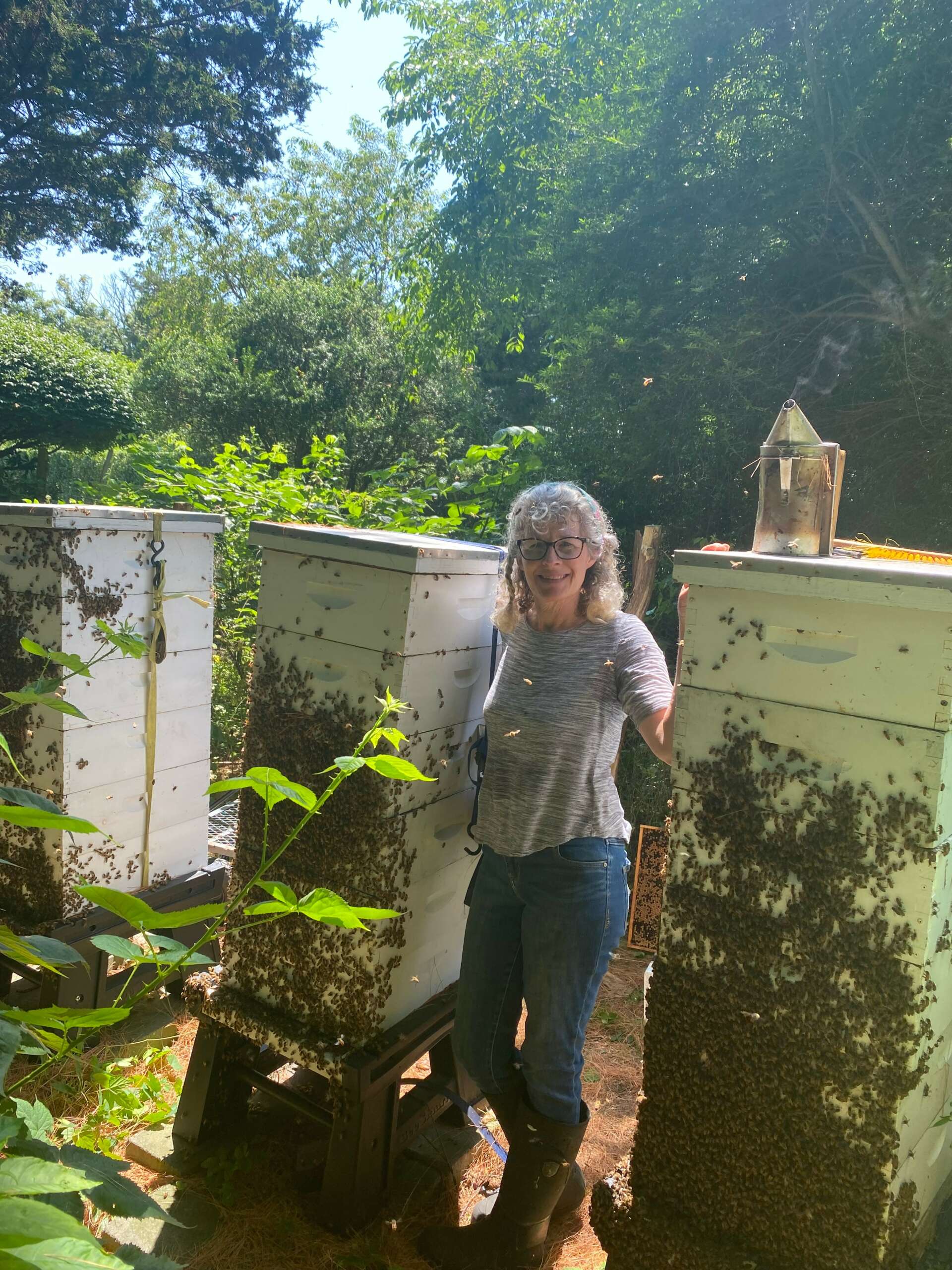We recently connected with Deborah Klughers and have shared our conversation below.
Deborah, looking forward to hearing all of your stories today. It’s easy to look at a business or industry as an outsider and assume it’s super profitable – but we’ve seen over and over again in our conversation with folks that most industries have factors that make profitability a challenge. What’s biggest challenge to profitability in your industry?
Honey is one of the most adultered foods on the planet. Not only are there issues with foreign imports of substances labeled and sold as honey, that is not pure honey at all, but we beekeepers also have to deal with “ local honey laundering” . This is where people purchase commercial honey on the open market, whether it’s from America or foreign sources, and they label it as local honey from their bees that they manage in their local community. Consumers who purchased this honey want local honey for a variety of reasons, and they are getting something entirely different. This is food fraud and is rampant in my community and throughout the United States and the entire world. When people buy cheap honey, and put it in jars and label it as honey from their own bees that they manage in their local community, they are defrauding the public. Real beekeepers have a hard enough time keeping our bees alive much less trying to compete in a market flooded with foreign honey and fraudulent “beekeepers” in our communities who are pretending to manage bees and produce honey. These frauds may have a few colonies of honeybees, ( or none at all) but certainly not the amount required to “produce” the amount of honey that they are offering to the consumers. They sell at all the local farmers markets, fairs, local stores… Every professional beekeeper I know has honey launderers in their area. It’s very disturbing, especially when you know the depth of the lying that the honey launderers do in order to keep their stories alive. There is little money to be made in honey if you are a real beekeeper. The honey launderers make a large profit when they buy honey for a few dollars a pound and resell it as a premium local product.
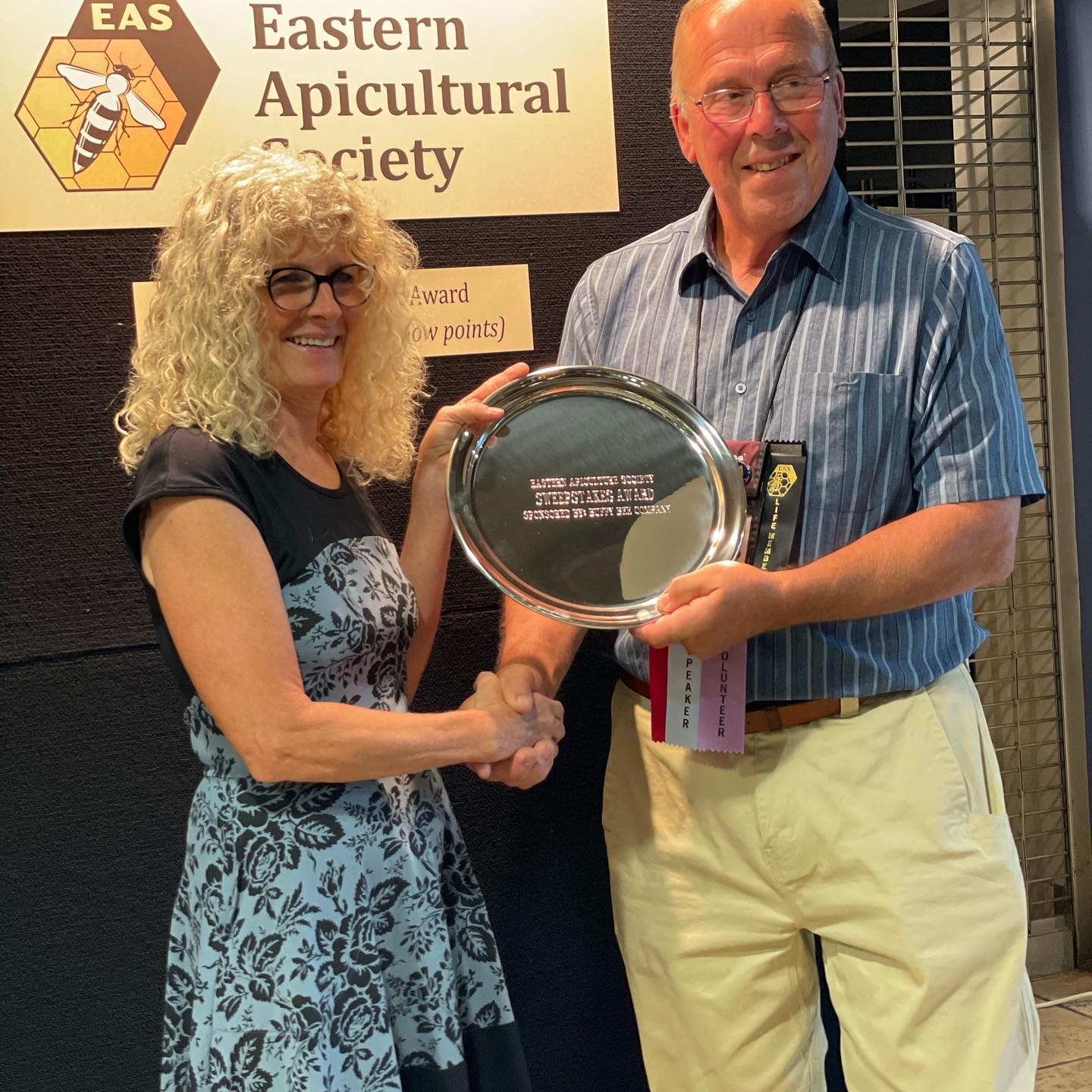
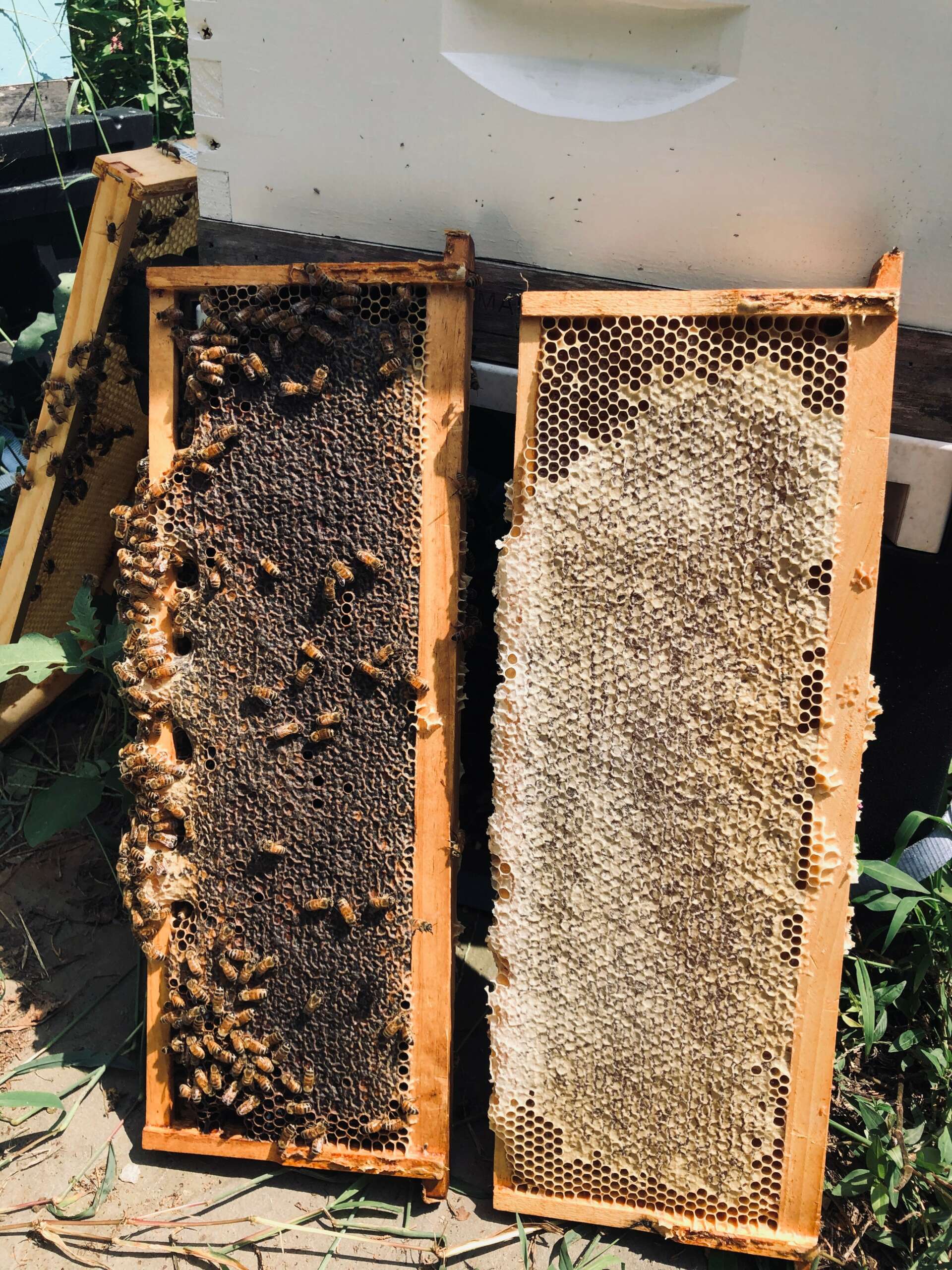
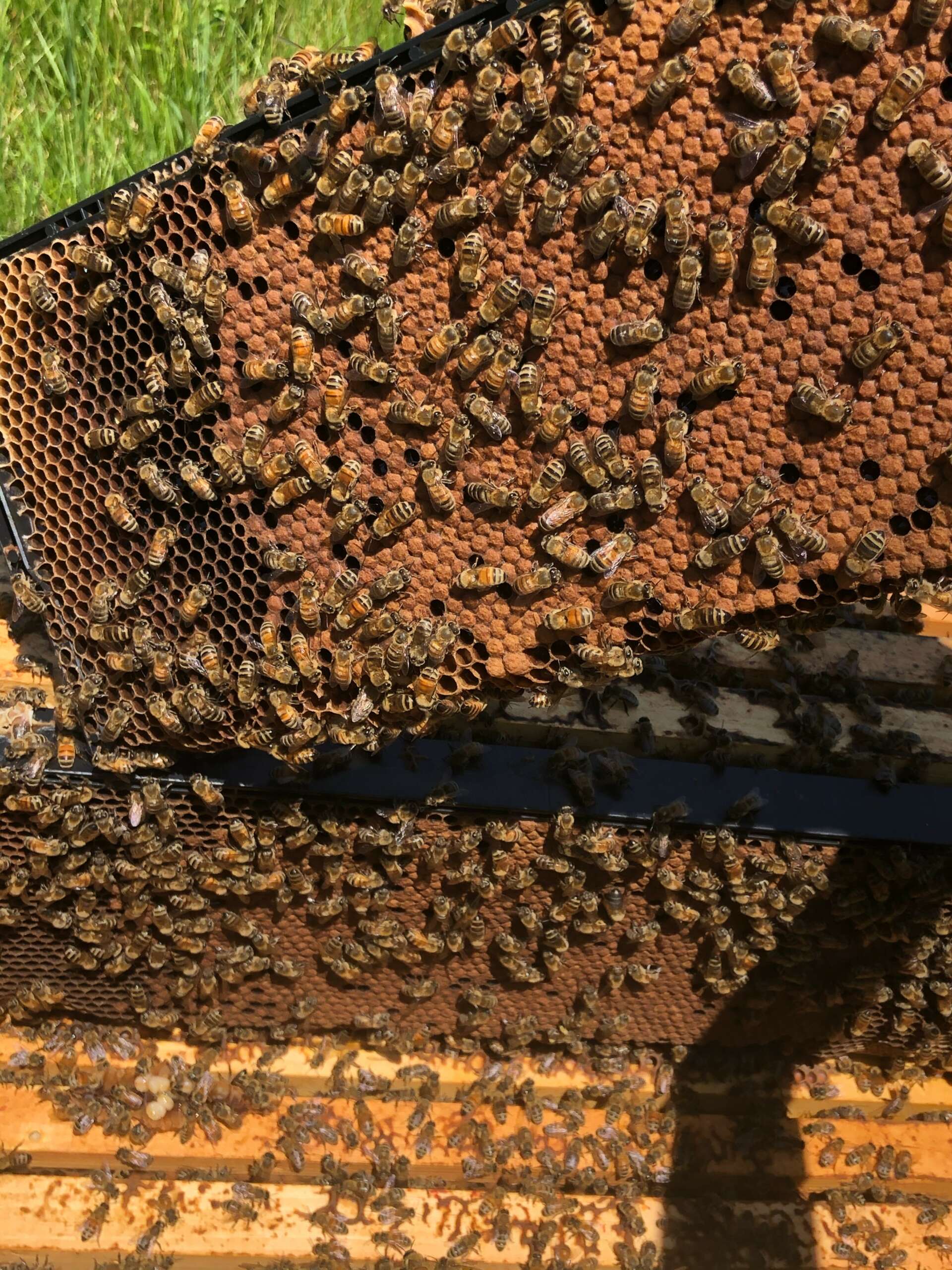
Deborah, love having you share your insights with us. Before we ask you more questions, maybe you can take a moment to introduce yourself to our readers who might have missed our earlier conversations?
I earned a masters degree in “marine conservation and policy” and bachelors degree in “environmental studies”. (graduating as Valedictorian) , both from Stony Brook University. After graduation, I created an environmentally focused local television show where I would interview environmental leaders and discuss various topics in order to bring awareness to the public of variety of environmental issues. One day, a farmer friend, who was a generational farmer, asked if I wanted to come over and make sauerkraut and spin some honey. I said sure, (not knowing what spinning honey was) and asked him if I could interview him for my show. During the interview, I learned it was his first year keeping bees, and asked him if he noticed a change in yield of his crops. He said it increased by a third. I suggested perhaps he used different fertilizers or techniques. He said no, he use the same things as always. I suggested it could have been weather. He said no, everything was the same. Nothing changed except for the addition of honey bees. That peaked my interest. I always grew food but knew nothing about honeybees or pollination. So I started keeping bees and shortly thereafter a landscape architect/friend asked me if I could keep bees for one of her clients. I said yes. That first client was the impetus to start my business Bonac Bees. Ive been in business over 10 years as a professional beekeeper, and manage over 100 colonies for 40 clients. The basis of my business is not selling honey but rather keeping bees for clients on estates and farms in “The Hamptons” , on the east end of Long Island, New York. Basically, I am their Beekeeper, and the Bees as well as all of the Honey that their bees produce belongs to the client. I also have my own farm where I keep about 30 to 40 of my own colonies. The honey and hive products I produce from my bees is sold in a few local stores and holiday fairs. I also enter my honey and hive products into regional and national Honey shows. I’ve won numerous ribbons at the most prestigious and largest Honey shows in this country and Canada! This past January I took second place overall at the North American Honey Bee Expo, the largest honey show ever in America! I took first place overall twice at the Eastern Apicultural Society honey shows, and have won many ribbons at the American Beekeeping Federation honey shows. I’ve won ribbons at Apimondia as well as local bee clubs and country fairs. One of the reasons I enter the Honey shows is to get the beautiful ribbons. But the other reason is that the judges critique you on your products. They give you constructive criticism so that you can then increase the quality of the products that you will be offering to the public. I am proud to offer the highest quality Hive products available on Long Island , or anywhere really. I’m not just saying that to sell some honey, it’s the truth because many judges have awarded my products blue ( and other) ribbons, I take pride in what I offer to the public knowing it is the highest quality possible. . Early on in my beekeeping career, I realized how hard beekeeping was and how little I knew and how much I needed to learn in order to affectively do my job of keeping Bees for other people. So I decided to attempt to earn the designation of Master Beekeeper through the Eastern Apicultural Society (EAS) Master Beekeeper certification program. This program is the Ivy league of certifications for Master Beekeepers in America. Unlike other programs that teach you and then test you along the way. EAS does not teach you, it’s tests you. It is one of the most rigorous and difficult designations to earn. You are vetted into the program and must come fully prepared to sit for four examinations. A laboratory exam, a written exam, a field exam and an oral exam. It took me three years to earn my Master Beekeeper certification and I am extremely proud of the designation. There are not many Master Beekeepers certified through EAS, and I am proud to be one of them. We are basically experts in the field of beekeeping , and charged with the duties of educating not only aspiring to advanced beekeepers, but the general public, children, news organizations, local governments, and really anyone that we can inform about honeybees. Beekeepers absolutely love to talk about their bees , or anyone’s bees for that matter, and I am no exception. I am the largest female beekeeper on Long Island, a region with over 8 million people ( I think, please confirm the number) An Interesting tidbit, is that a local female honey launderer has stated in an interview that she manages over 100 colonies. She manages them only in her imagination. It’s laughable, but due to the amount of Honey that she is laundering, she hast to say that she has that many colonies since one colony only produces about 40 pounds of surplus honey a year.
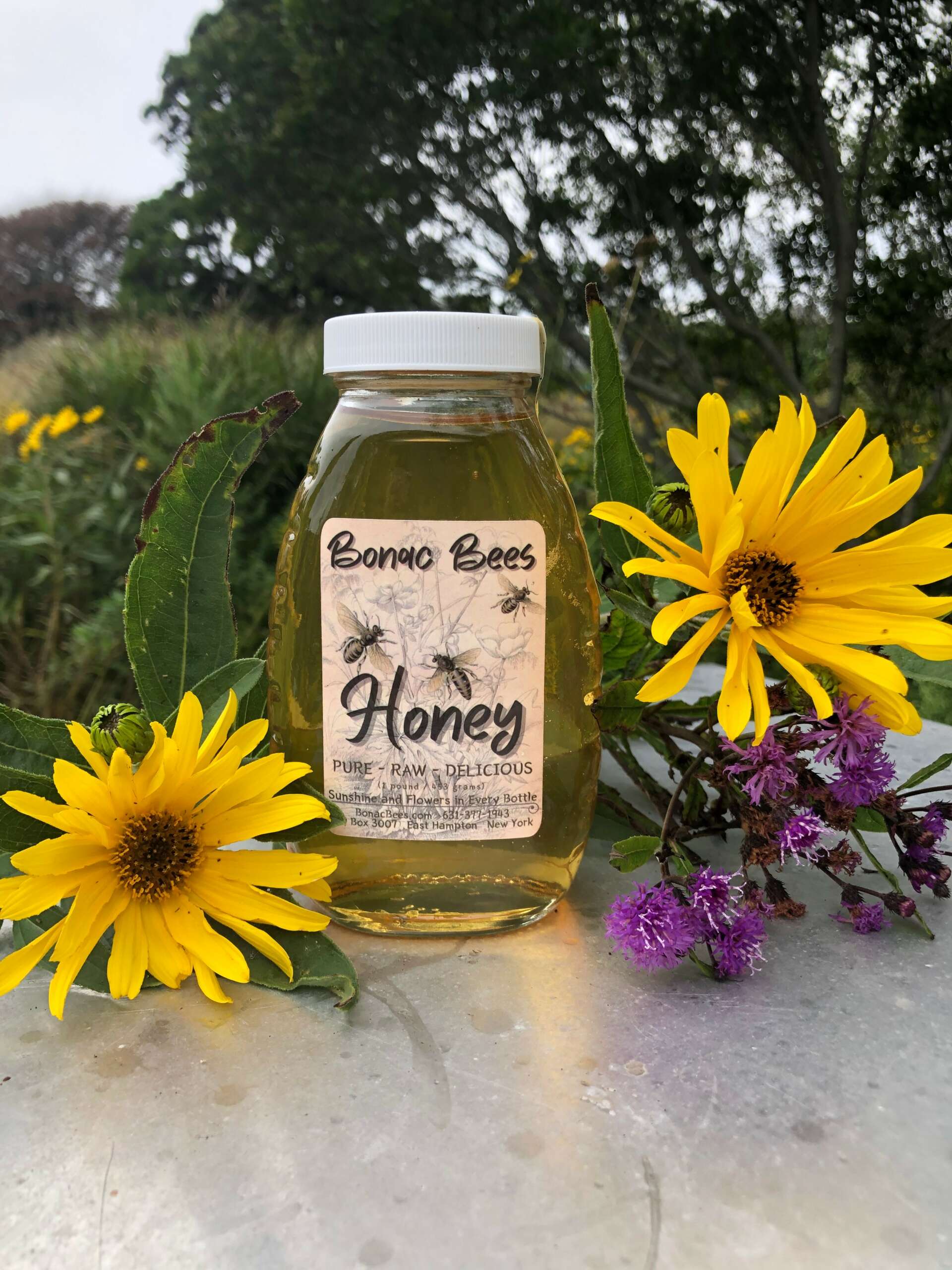
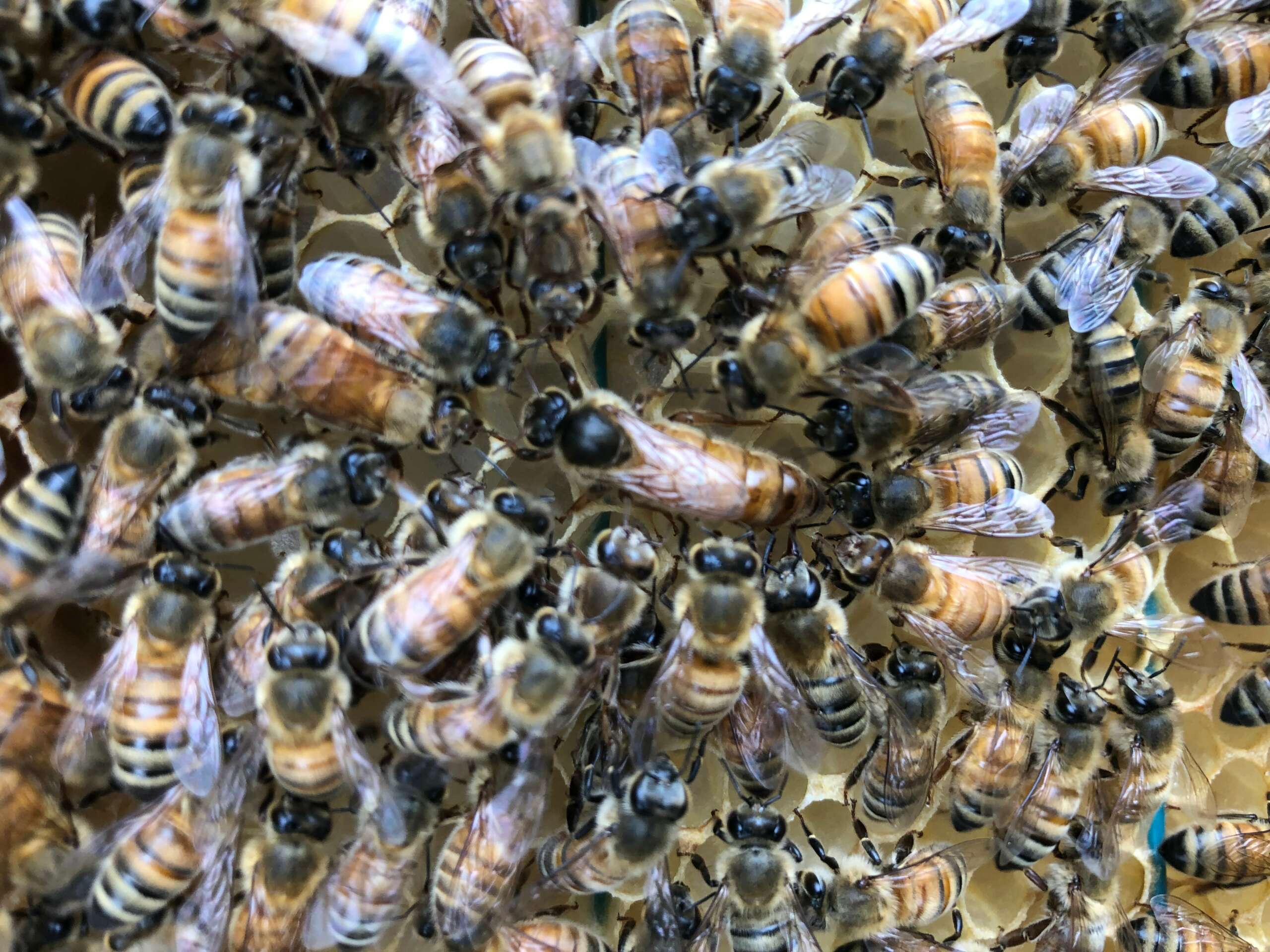
How about pivoting – can you share the story of a time you’ve had to pivot?
I was basically a stay at home mom most of my life. Married at 22, I had four children by the time I was 30. I ran my husband’s construction business and held a few jobs odd here and there, but nothing of substance. I started college in 1991 when my second child was three years old. In 2006 and 2 children later, I earned 2 associates degrees. I then enrolled in Stony Brook University and earned my bachelors degree , and graduated as Valedictorian of over 5000 students and then went into earn my masters degree in 2011. In 2013 I divorced my husband of 30 years, and that year, held 3 jobs in which I earned only $13,000. (My legal fees were well over that!!) I had no work history to speak of, no career…. I only had an education, and was basically at a “starting salary” level, which was not enough to pay rent … . I didn’t think I’d make it, or be able to stay on Long Island, where I had lived since I was 8 years old! I had just started my bee keeping business, and had 3 other part time jobs. So long story short, the Bee saved my life. If it hadn’t been for the Bees and God, and the business that I created, I would not have been able to stay on the island and had no idea where I’d go or what I’d do. I now know that God and the bees had other plans for me, and to this day I am amazed by the bees and what they have provided to and taught me.
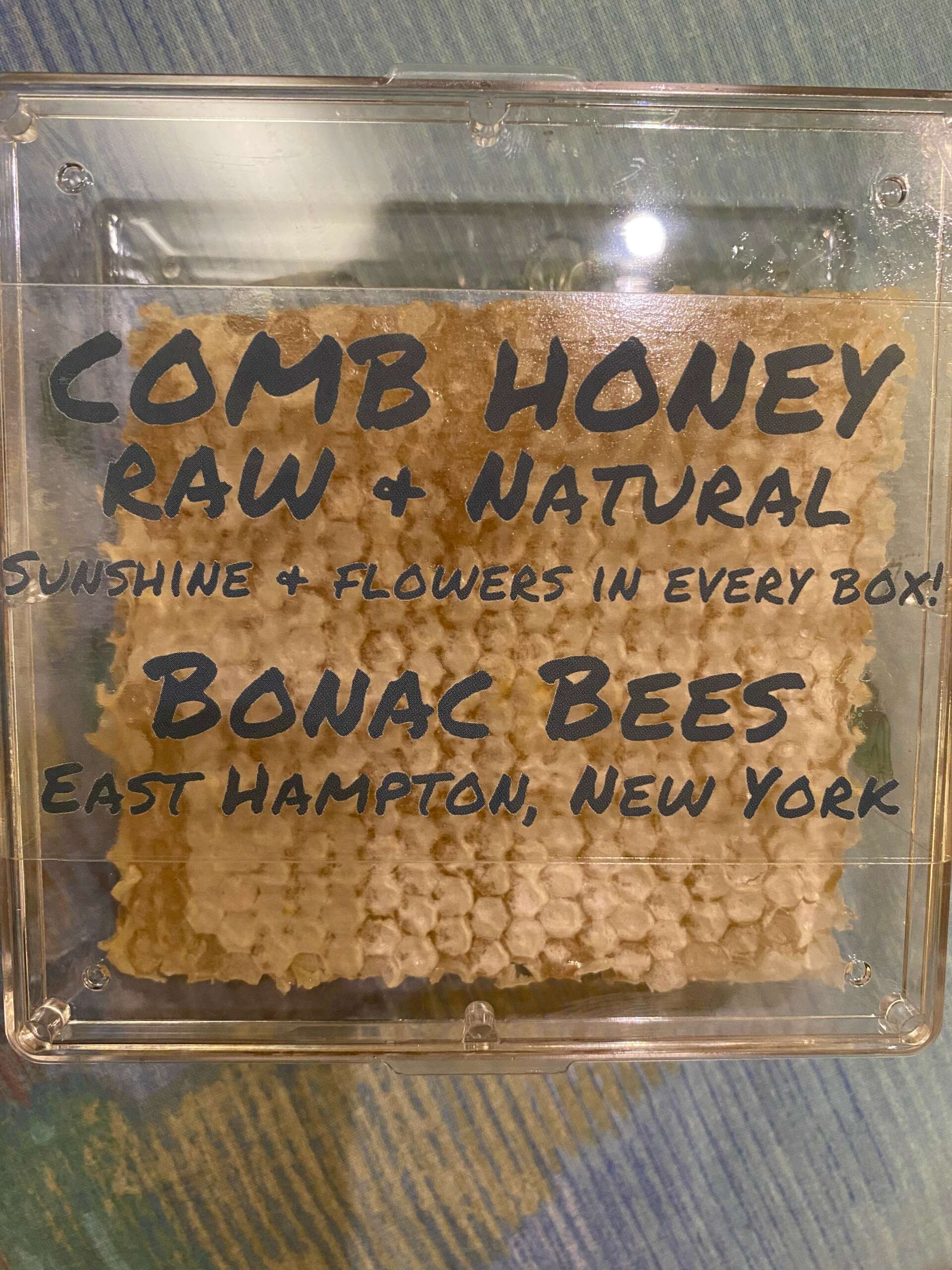
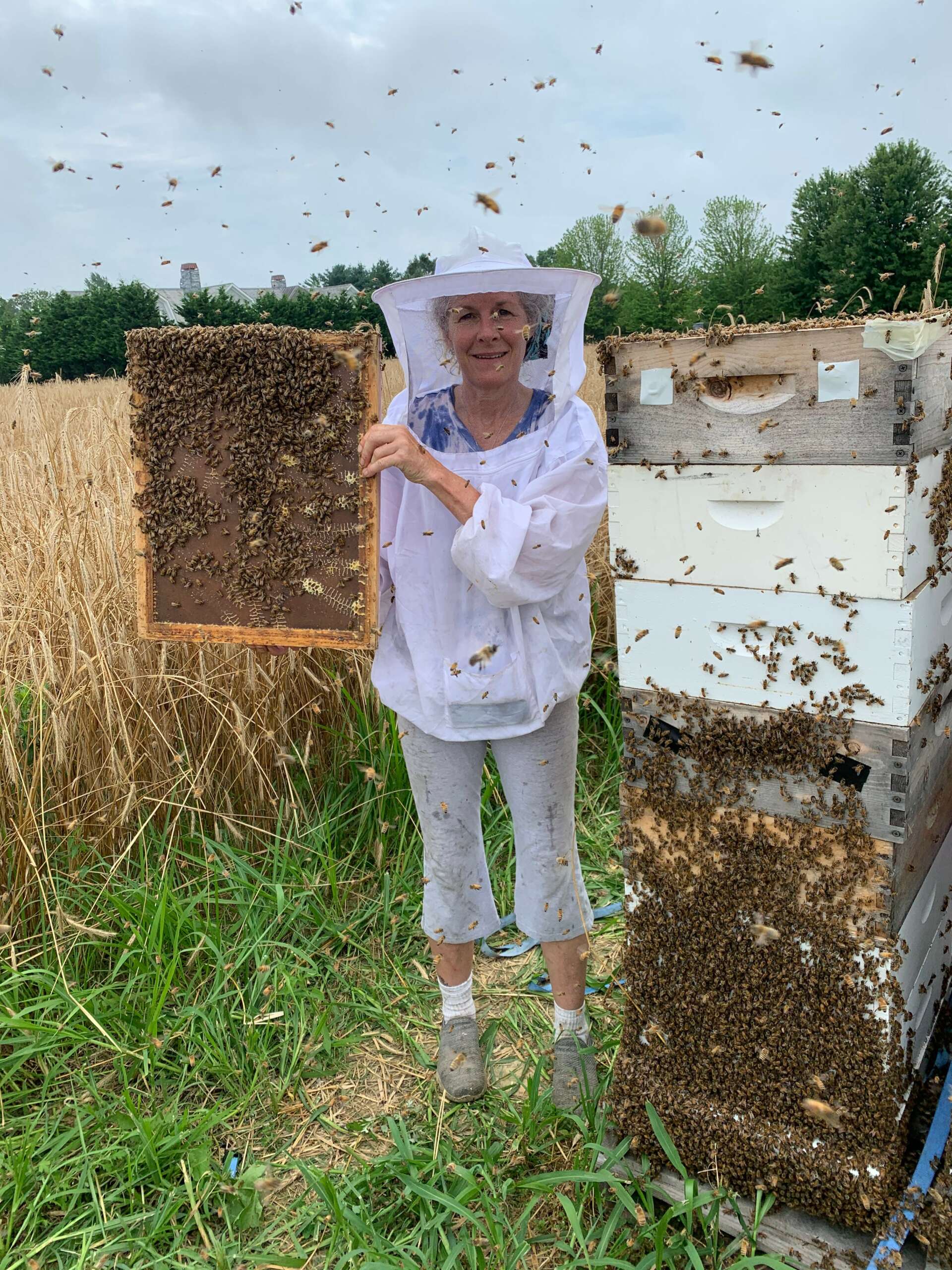
How’d you build such a strong reputation within your market?
I think people genuinely like bees or really don’t, at all. The people who do like bees notice my devotion and dedication to the Bees. People tell me quite often that my passion for my craft is quite apparent. They share this information with other people. I absolutely love what I do and it shows, and I think people like and respect me for that . I advocate for bees and beekeepers, and enjoy educating the public about Bees. I have a pretty good number of followers on social media, and I think people enjoy my posts as well as learn a lot from them. I’m fairly well known as a professional beekeeper, and it is both heartwarming and humbling when people thank me. I really have no choice other than to care for the bees. They are angels and I love them.
Contact Info:
- Website: http://www.bonacbees.com
- Instagram: Bonac Bees
- Facebook: Bonac Bees
- Other: I write for a small local paper, the Amagansett Star Revue. It is available at local stores and is also available online . https://issuu.com/georgefiala/docs/amagansett_star-revue_april-may_2024
Image Credits
Nicole Klughers took the picture of me shaking the honey show chair man’s hand . Tim Scott took the pictures of me working with the bees.


